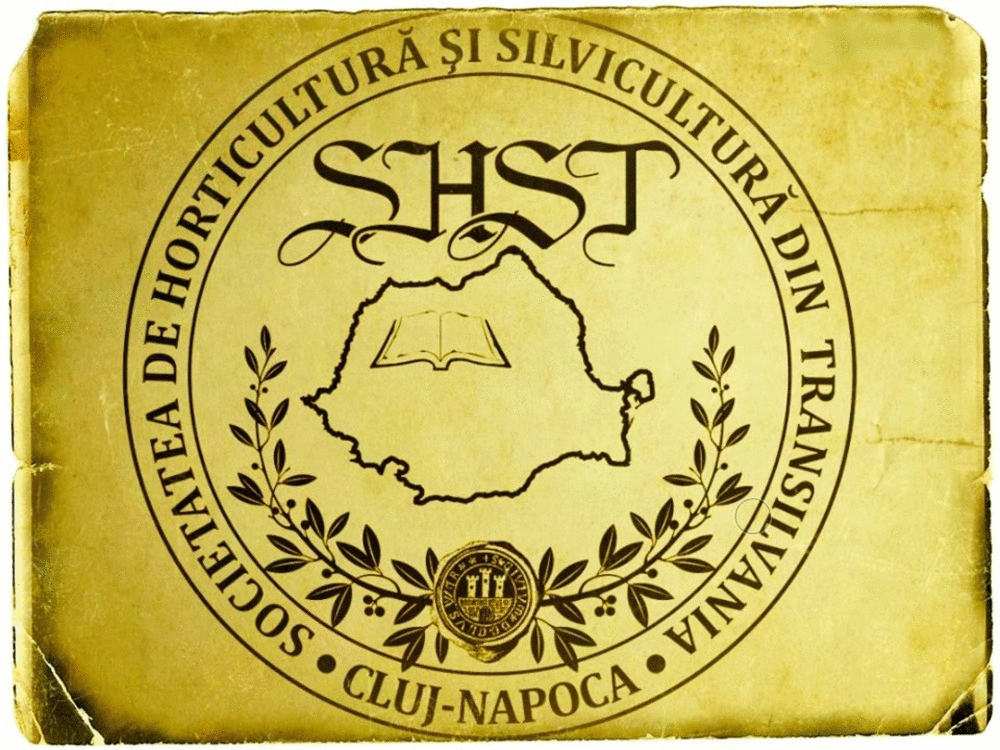Some Quality Traits of Different Wild Plants
DOI:
https://doi.org/10.15835/nsb213476Keywords:
pasture plants; acid detergent fiber; neutral detergent fiber; relative feed value; digestible dry matter; average crude proteinAbstract
This research was carried out to determine quality properties of some pasture plant species. In this research, 10 different pasture plant species were used as materials which were collected from Diyarbakir pasture areas of Turkey. At the end of research, quality properties of pasture plants were ranged from lowest to highest for average dry matter 11.5-30.9%, average crude protein 12.6-26.6%, crude ash 5.5-21.2%, acid detergent fiber 22.0-43.0%, neutral detergent fiber 20.5-56.1%, digestible dry matter 55.4-71.8%, dry matter intake 2.1-5.9% and relative feed value 90.2-327.0. Among the pasture plants studied, higher crude protein level than averages of species following plants may have importance, respectively: Centaurea iberica, Sinapsis arvensis, Convolvulus arvensis, Rumex conglomeratus, Crambe orientalis, Amaranthus retroflexus, Polygonum aviculare, Anchusa strigosa and Malva neglecta. For relative feed value has been remarked: Sinapsis arvensis, Rumex conglomeratus, Amaranthus retroflexus, Crambe orientalis, Centaurea iberica and Hypecoum imberbe.
Metrics
Downloads
Published
How to Cite
Issue
Section
License
Papers published in Notulae Scientia Biologicae are Open-Access, distributed under the terms and conditions of the Creative Commons Attribution License.
© Articles by the authors; licensee SMTCT, Cluj-Napoca, Romania. The journal allows the author(s) to hold the copyright/to retain publishing rights without restriction.
License:
Open Access Journal - the journal offers free, immediate, and unrestricted access to peer-reviewed research and scholarly work, due SMTCT supports to increase the visibility, accessibility and reputation of the researchers, regardless of geography and their budgets. Users are allowed to read, download, copy, distribute, print, search, or link to the full texts of the articles, or use them for any other lawful purpose, without asking prior permission from the publisher or the author.













.png)















